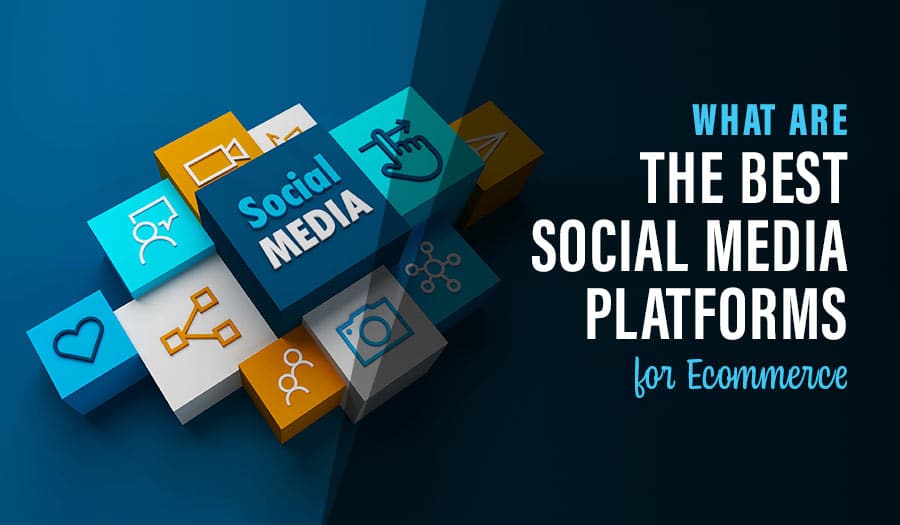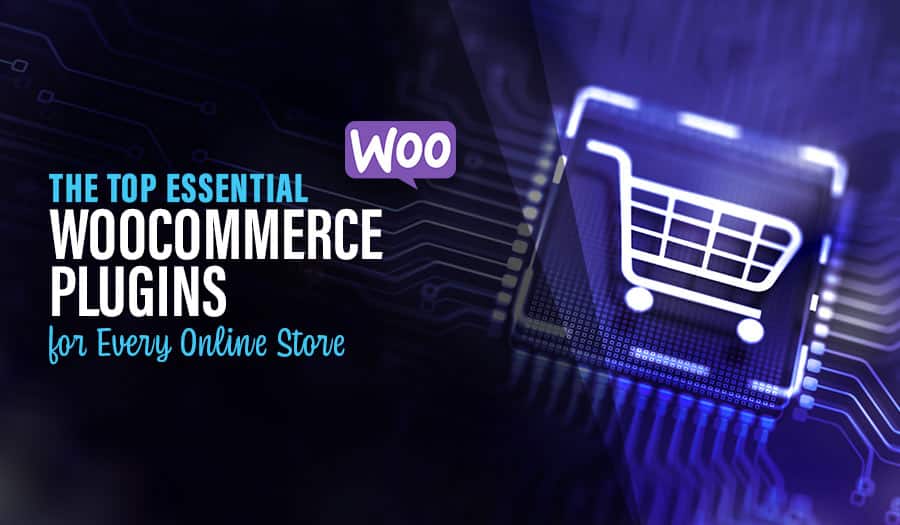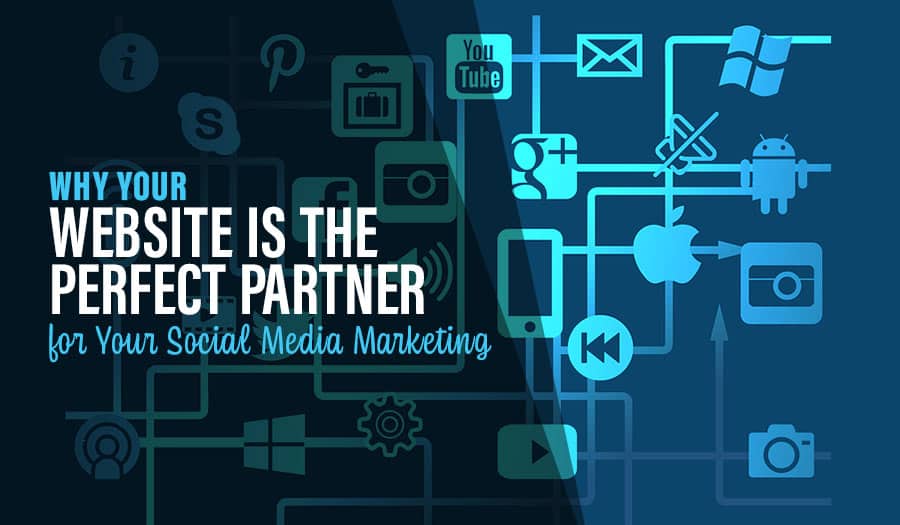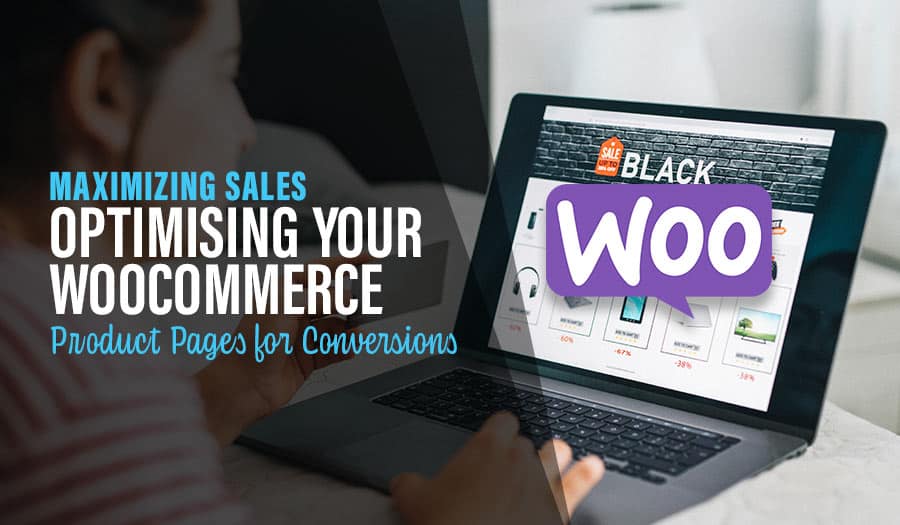Social media has become an invaluable tool in the world of ecommerce. From sharing product updates to connecting with customers, there are numerous ways that businesses can leverage social media to their advantage. With that in mind, it’s important to make sure you’re using the right platform for your business. Social media also helps businesses in connecting with their target audience on a more personal level, allowing for highly effective marketing campaigns that are tailored to each individual customer’s needs. Here is a look at the best social media platforms for ecommerce and how you can use them to your advantage.
The Best Social Media Platforms for Ecommerce
- Youtube
The Best Social Media Platforms for Ecommerce
When it comes to social media, Facebook is still king. With over 2 billion active monthly users, this platform offers more reach than any other network out there. It also allows users to share content quickly and easily across multiple devices – making it perfect for introducing new products or services to a wide audience. Plus, businesses can create customized ads and target specific user demographics based on their interests, which makes it easier to find potential customers and boost conversions. Facebook is a great way to boost your brand visibility and reach new potential customers. It is also a great place to engage with your customers and build relationships with them through communications such as messages or comments on posts. You can use Facebook for product launches, offers, contests and announcements.
Pros:
- Reach new potential customers
- Great place to engage with customers and build relationships with them
- Product launches, offers, contests and announcements can be shared.
Cons:
- Social media ads are very competitively priced so it may take some time to get results.
Instagram is another great platform for ecommerce businesses – particularly those who want to showcase their products in a visually engaging way. Instagram recently added shopping features that allow users to directly purchase items they see in posts – making it easier than ever before for customers to purchase directly from the app itself. Additionally, Instagram Stories provide an easy way to engage with your followers – allowing you to share product highlights, behind-the-scenes photos, exclusive discounts and more. With over 800 million users worldwide, Instagram gives you an opportunity to share visually appealing content that will grab your customers’ attention. Users can easily browse through posts and find the product or service they are looking for quickly.
Pros:
- 800 million users worldwide allow you to gain visibility for your products/services
Cons:
- Difficult for businesses that do not have visually appealing products/services, as Instagram is a visual medium
Twitter may not be as popular as other platforms like Facebook or Instagram but it can still be a powerful tool when used correctly. Twitter offers businesses the ability to connect with customers in real time while also promoting their products and services through tweets or sponsored ads. It’s also a great way to show off customer service skills by responding quickly and courteously when customers have questions or complaints about your business. With 500 million users worldwide, Twitter allows you to create campaigns and reach potential customers in real-time. Sharing news, articles, and other content related to your business will help you gain exposure, while engaging with customers who follow your account will give them a reason to return to your site.
Pros:
- Create campaigns in real time
- Share news, articles and other content related to your business quickly and efficiently.
Cons:
- A character limit of 280 characters per post makes it difficult to communicate complex messages or concepts quickly.
Youtube
YouTube is another Social Media platform that can benefit ecommerce businesses in many ways, such as increasing brand visibility and engagement, as well as helping customers understand how to use the product or service being offered. YouTube videos also help build trust with potential customers by providing informative and helpful information about what you offer.
Pros :
- Increase brand visibility & engagement with over 500 million users worldwide – Helps customers understand how to use products/services offered
Cons :
- Requires video editing skills which can add up costs if outsourced
Finally, LinkedIn can be beneficial for ecommerce businesses when used correctly. With over 500 million users worldwide.
No matter which social media platform you choose for your business, remember that consistency is key – you need to post regularly if you want people to notice your brand and start engaging with your content. Also, remember that each platform has its own set of rules and regulations so make sure you familiarize yourself with them before diving in head first! By doing so, you’ll be able to maximize the effectiveness of each platform while ensuring that your brand remains compliant with the relevant policies.
Take your online store business to the next level with a Pixel Fish Ecommerce Website.
Check out some of our latest Ecommerce Website Design projects.
View some case studies of our website design work:
CNS Precision Assembly
ARC Global Wealth
Stanfield IT
Belrose Hotel
Customconstruction
More Reading
WordPress for Small Business: A perfect match
6 Tips to Increase Your Ecommerce Conversion Rate
Twitter Vs Facebook Vs Instagram Vs LinkedIn: Which is Right for You?
Top 8 Advanced WordPress Features and Plugins to Beat Your Competition
How to Create the Perfect WooCommerce Website
How to effectively Market Your B2B Business Website
17 Unbeatable Website Promotion Strategies
How to promote your business via Linkedin
How to Set Up A YouTube Channel For Your Business
How Social Media Can Benefit Your Business
How to Create the Perfect LinkedIn Profile
Facebook Reviews vs LinkedIn Reviews vs Google My Business Reviews
Why Displaying Social Media Reviews On Your Website Is Great For Business



